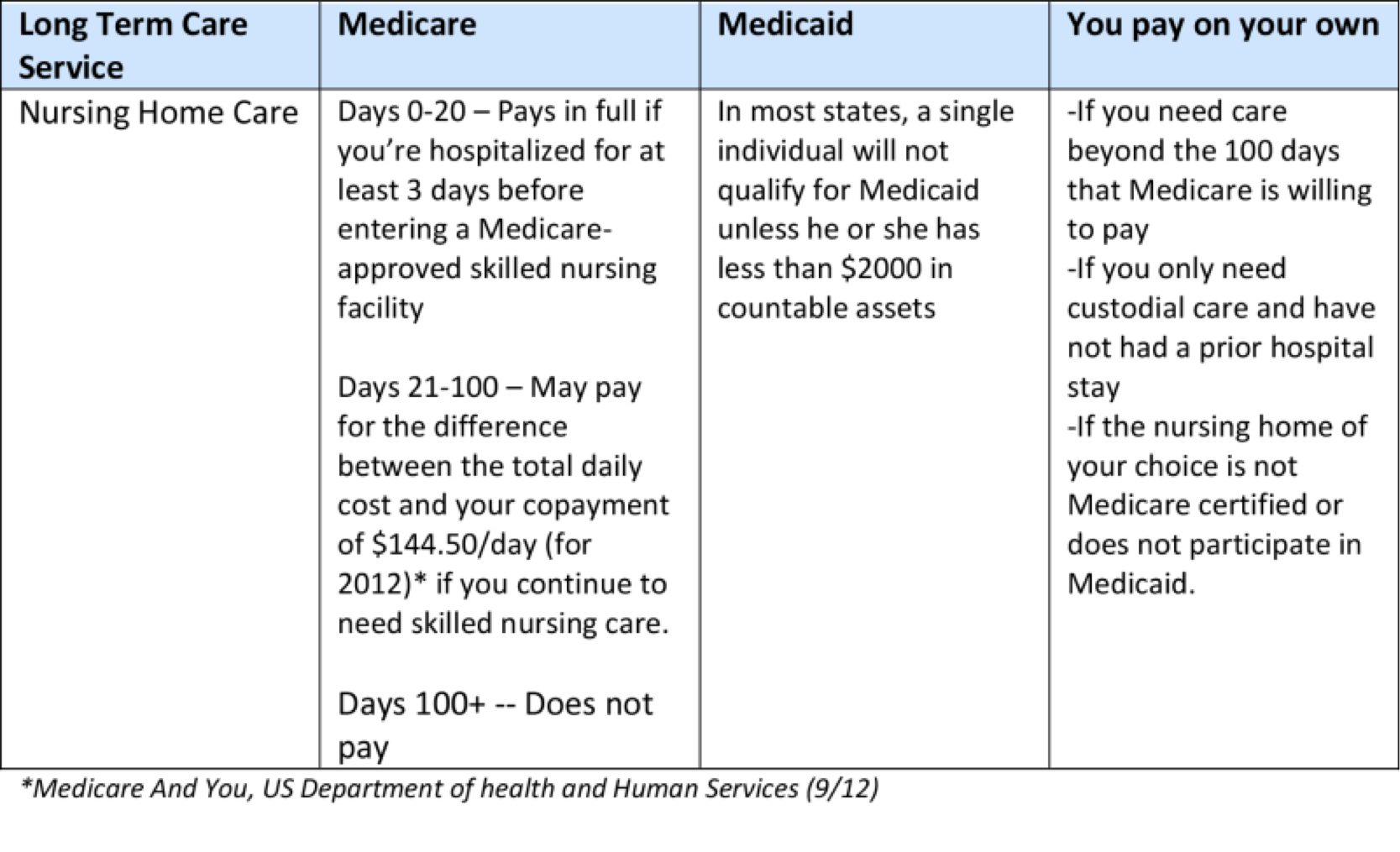You can’t always be there. But we can.
In Home Care – Who Pays for What?

Dementia Shower and the Use of Positive Thinking
March 1, 2015
What is Assembly Bill 1217?
November 1, 2015In Home Care – Who Pays for What?
Did You Know That Medicare and Medicaid Does Not Always Pay in Full for Your Long Term Health Expenses?

A lot of people who currently have Medicare and Medicaid health care plans have the misconception that Medicare and MediCal (or MediCaid) will cover all kinds of health care expenses including in-home care. This is not the case. As we approach our senior years, the reality of needing help with our activities of daily living becomes apparent. Folks, be prepared to pay for non-medical caregiving or companion expenses with your insurance or your cash if you wish to avail of long term healthcare.
Who is Eligible?
If you are at least 65 years old, or under 65 but with certain disabilities, you are qualified for Medicare benefits. Anyone with end-stage renal disease (permanent kidney failure that requires dialysis or a kidney transplant) are also eligible for Medicare.
Here are some examples of costs that Medicare does not cover for the largest part:
- Long term care services
- Personal care such as help with bathing
- Custodial care / supervision
And here are some examples of services that Medicare would pay for a limited time as long as the doctor medically necessitates that these services are needed for treatment of illness or injury. In short, these are conditions that are expected to improve after a certain period of time.
- Rehabilitation therapy such as physical therapy, speech and language pathology, occupational therapy for a limited number of days from a home health agency that is Medicare-certified as ordered by your doctor
- Skilled nursing care that is either part-time or intermittent
- Medical supplies and durable medical equipment++ (ex: wheelchairs, hospital beds, oxygen, and walkers.
Please refer to the chart below so you can get some idea of the costs involved.

If you are terminally ill and have only 6 months to live, Medicare will pay for Hospice Care in your home, a nursing home or in a hospice care facility. Medicare will also pay for hospital stays which are short term and inpatient care for caregiver respite.
To learn more about the updated rules and costs involved for long term health care or in-home care please read the Medicare and You Handbook by clicking on the link below.
https://www.medicare.gov/Pubs/pdf/10050.pdf
source: https://longtermcare.gov/medicare-medicaid-more/medicare
Disclaimer: 1Heart Caregiver Services Blog may contain articles about health care and medical related topics. However, no warranty is made that any of the articles are accurate. There is absolutely no assurance that any statement contained or cited in any or our articles touching on health care or medical related matters is correct, true, up-to-date or, precise, If any of the statements we mentioned about healthcare or medicine is accurate, it may or may not apply to you or your symptoms.
The health care or medical information provided on 1Heart Caregiver Services is, at best, of a general nature and cannot replace the advise of a health care/medical professional. 1Heart Caregiver Services will not take responsibility for the results or consequences in attempting to use or adopt any information presented in its blog articles.

